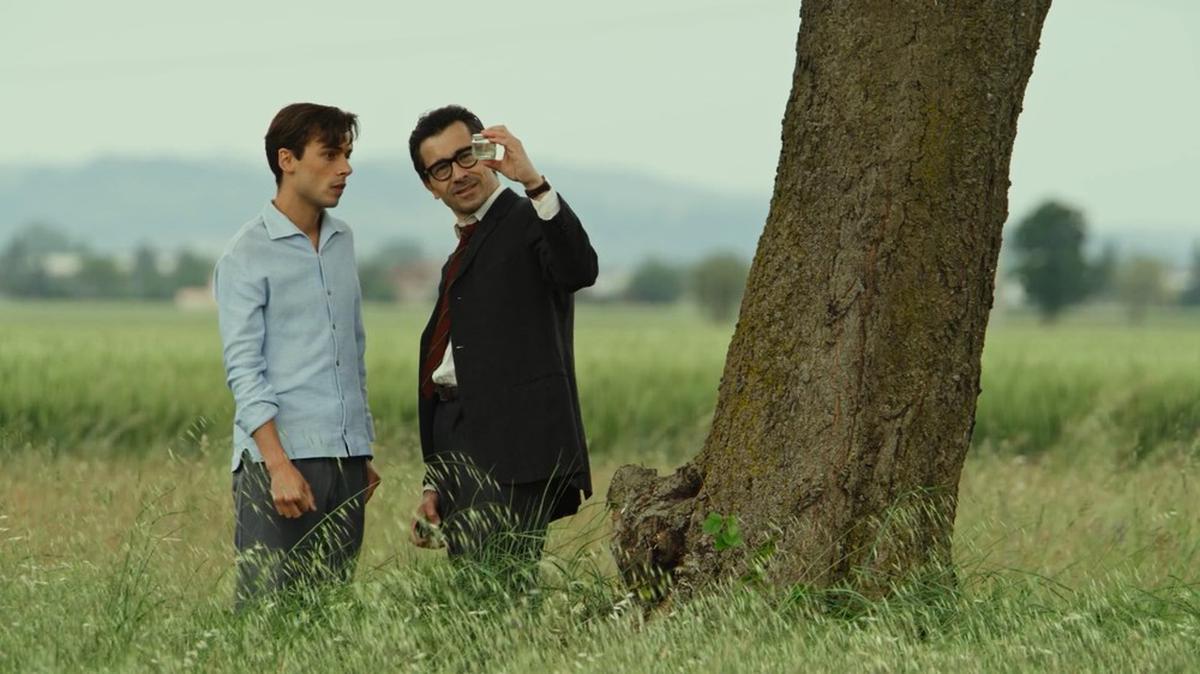IFFK 2022: Prison 77 and Lord of the Ants chronicle pushbacks against unjust laws
Unjust laws and practices imposed by repressive fascist regimes sometimes survive beyond their time, until pushback from the victims and the larger society bring in incremental changes. Two films from two different countries being screened in the World Cinema section at the 27th International Film Festival of Kerala (IFFK) are built around this scenario. While Italian film Lord of the Ants highlights the plight of a poet and playwright Aldo Braibanti who was jailed in the 1960s based on Mussolini-era homophobic laws, Spanish film Prison 77 looks at how the prisons in Spain continued to be inhuman even after the country moved towards democracy, following decades of dictatorship under Francisco Franco.
In Gianni Amelio’s Lord of the Ants, based on a real-life story, poet Braibanti ends up in prison under the law of ‘Plagio’, which is defined as the act of submitting a person to one’s power in order to reduce the person to a state of subjection. Braibanti was accused of brainwashing young student Ettore into a homosexual relationship with him, though the relationship was consensual, while Ettore is taken for a “treatment” to correct him, which ends up breaking him mentally. Amelio sets aside much time for a moving portrayal of their relationship, which is contrasted with how the powers that be seek to portray it in the courtroom, to keep the poet inside.

Still from Lord of the Ants
In the latter half, the mood shifts as a journalist, who takes up Braibanti’s cause, enters the scene. Yet, all the public outcry do not save Braibanti initially, as he became the only person who was convicted under the law. Italian writers and filmmakers, including Umberto Eco and Marco Bellocchio, had stood stridently with him during those years. The film shows how voices from the street and at least a section of the press which takes a stand, can bring about a change in laws.
Nothing much changed
Alberto Rodriguez’s Prison 77 follows a much more mainstream approach compared to the Italian drama, following a model set by earlier prison break films. But, it succeeds in believably recreating the life inside Spanish prisons just around the time the country was taking baby steps towards democracy. In one scene, young Manuel who has been incarcerated without trial and is about to face brutal torture from the jailers tells them “But, we are a democracy now.” What happens later makes him understand that much has not changed inside the prison walls, despite the political changes outside.
The film is set around the demand for amnesty for the prisoners, which began to be raised in 1977, when amnesty was provided to key figures of the previous regime for the crime they committed in power. The abject conditions within prisons during that time, with uniformed men in control, making up laws at will, also come into focus. In its most powerful scenes, the film recreates the prison riots that had swept across Spain during that period, even as public protests raged outside. Prisoners’ Rights Associations get formed in prisons across the country, but the ones in the forefront have to deal with the sceptics and snitches among them. The unlikely friendship between Manuel and long-time prisoner Pino forms the heart of the film.
No overnight change
Like in the case of Braibanti, the laws do not change overnight in Spain too. Many give up the fight under sustained torture, while others devise inventive ways to find freedom. It is interesting that contemporary filmmakers hailing from different countries are looking at battles for legal and social change from yesteryears, at a time when attempts are made to reverse such hard-won gains in various parts of the world.
For all the latest Entertainment News Click Here
For the latest news and updates, follow us on Google News.
